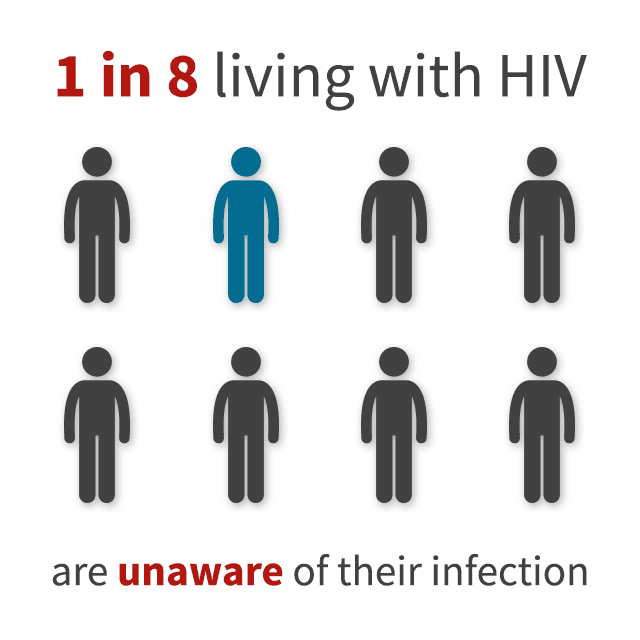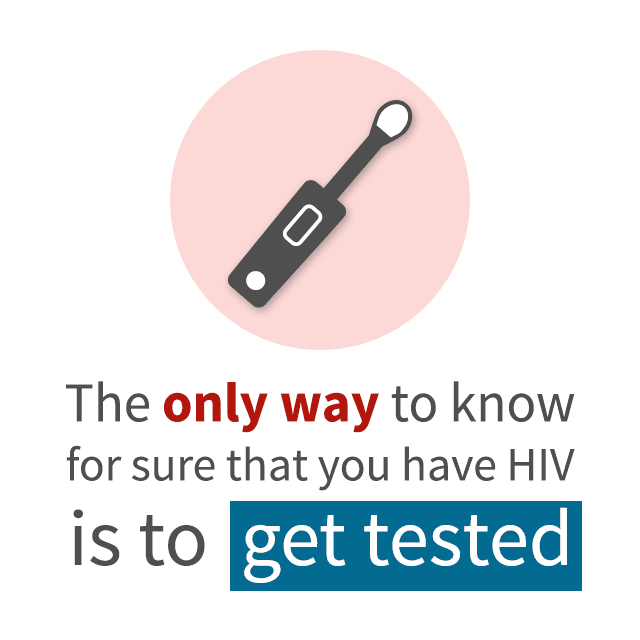
December 1, 2016 was World AIDS day.
More than 1.2 million people are living with HIV in the United States and 1 in 8 do not know it. Although new HIV diagnoses have declined it is important to your risk and how to protect yourself.
What is HIV/AIDS?
- Human immunodeficiency virus (HIV): HIV is a virus unlike other viruses in which it does not go away. Once a person contracts HIV they have it for life. The virus attacks the immune system which make it more difficult to fight infections, disease and cancers. Treatment is available to control HIV, but there is no cure. HIV can lead to AIDS.
- Acquired immunodeficiency syndrome (AIDS): AIDS is the final stage of HIV. Not everyone who has HIV advances to this stage. The immune systems is so badly damaged that a person becomes vunerable to opportunistic infections. Medical care is needed to prolong life expectancy.
How do you Get HIV/AIDS?
HIV is spread through direct contact of certain body fluids between two people.
- blood
- semen and pre-seminal fluid
- rectal fluids
- vaginal fluids
- breast milk
HIV is mainly spread by sexual behaviors and needle or syringe sharing. You cannot get HIV through casual contact such as toilets or shaking hands.
Symptoms of HIV

The only way to know for sure if you have HIV is to get tested. Some people have flu like symptoms about 2-4 weeks after infection, but some people do not.
The test detects antibodies (proteins produced as a reaction against the virus) so it can take some time to get an accurate test. There are newer tests so if you think you may have been exposed recently let the testing site know.
Once progression has been made to AIDS symptoms can include rapid weight loss, fevers and night seats, fatigue, swelling of lymph glands, diarrhea, sores of mouth, anus or genitals, pneumonia, red/brown/pink/purplish blotches on or under skin, memory loss, depression and other neurologic disorders. It is important to get medical care right away.
Protection Against HIV
- choose less risky sexual behavior
- use condoms consistently and correctly
- reduce your number of sexual partners
- use HIV medication (PrEP) to reduce your risk if you are at high risk or have a HIV+ partner
- get tested and treated for other STDs
- encourage HIV+ partners to get and stay on treatment
- contact doctor immediately (within 3 days) if you are HIV- and you may have been recently exposed
- talk to your partner and have sex agreements such as sharing a monogamous relationship
For more information check out AIDS.gov.

